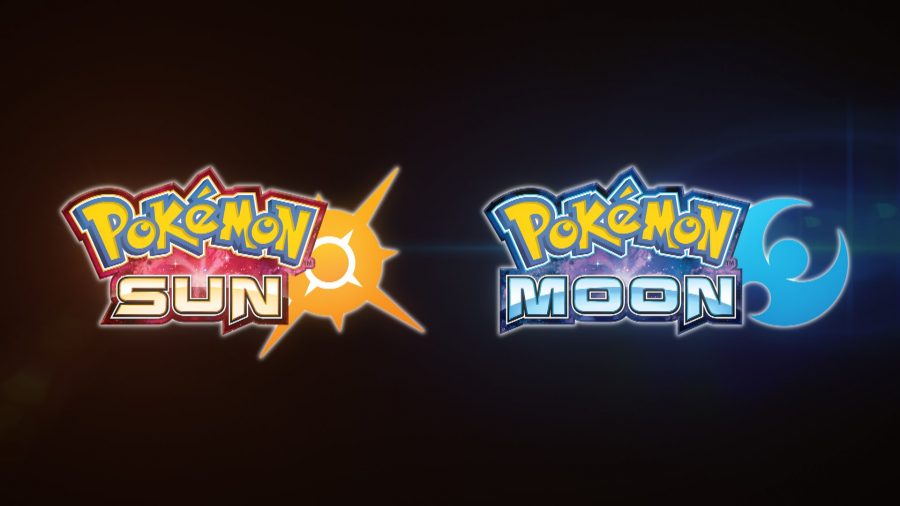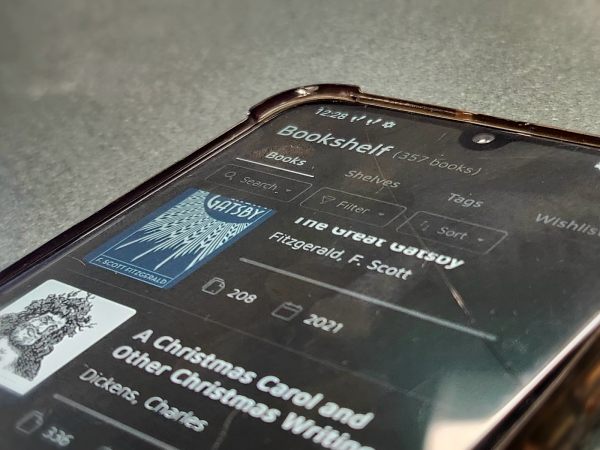Childish Wonders To Teenage Truths
Rebuilding social status after a “secret” Pokemon obsession
December 13, 2016
Release the childish imagination in your mind for a quick moment. Here you are, a nine-year-old kid wanting to run around and play with friends, confined to the basement of an old church.
Such a pity, right?
There I sat, praying for the hour and a half of CCD to end in a class where they teach you how to pray. Then, in what seemed like a flash, my friend leaned over towards me and whispered “Hey, are you going to buy the new Pokemon game?”
I was familiar with Pokemon, but didn’t know anything about the game. I meekly replied, “Maybe.” Little did I know then, but that small, almost forgettable moment for most others turned out to prevail into one of the most defining moments of my future and the person I am today.
I began to think “Huh, should I buy this game?”
My childish nine-year-old brain had little debate, why wouldn’t I want an excuse to go to Toys R Us? It was inevitable, Pokemon Platinum had to be mine, it needed to bless its presence upon my tiny imagination and my shiny new red Nintendo DS.
Windy but sunny, the day of anticipation had arrived. My hype for the game grew to almost destructive levels, like a toy Tonka truck barreling through a small and helpless Lego family’s home, scattering bricks around the floor, prompting my mother to yell at me to clean up them up. She’s no fun. Said woman would soon drive me out to the nearest game and would buy me my much anticipated Pokemon Platinum. You’ve got to love moms.
My excitement had climaxed, and I tore apart the plastic wrap holding the video game cartridge hostage like a mother bear tears apart anything threatening her cubs. Of course, I don’t have claws or one-thousand pounds of defined muscle (yet), so I didn’t destroy the game or its case, but I had the same grizzly look.
I opened the case and laid my eyes upon the small black cartridge reading on a glistening and sleek label “Pokemon Platinum.” I couldn’t contain my thrill and pushed the cartridge into the vacant slot on the rear of the slender red Nintendo DS. With that single moment, hundreds of hours were taken from my childhood. I played the game almost everyday for a year, battling with friends, collecting the Pokemon which littered the virtual world, and training them to become the very best (until a certain individual *cough* Lucas Fernandes *cough* would end my journey short by corrupting the save file on my game, wiping all my arduous work away like a wind storm whisks a loose branch onto the nearest power line). Pokemon Platinum flourished into a second life for me, and the excitement never wore out, even four years later.
A few years further, and I am now a thirteen year old teenager. I silently stood at the counter of a Gamestop, my local video game store, pre-ordering the newest entry to the Pokemon franchise, Pokemon Y, to ensure I would obtain a copy of the game the day it parades itself onto store shelves.
Something felt strange about that day. I felt apprehensive and shaky talking to the cashier, and the room grew hot. When did I enter an oven? Why was I feeling so embarrassed? No one else was there, except the cashier, my father, and my two youngest sisters. No one here would judge me for liking this game. So why did I feel so ashamed of myself? Pokemon is a children’s video game, and most other kids at school were over such a juvenile craze. What thirteen-year-old would still play Pokemon?
I did, of course, as did my friends, but I only played it in secret. The pressure to abandon my true hobbies became imperative to maintaining my dignity and respect from others. When my friends pondered about what new endeavors may appear in the new game at lunch, I would sheepishly nod my head or add a soft “yeah” or “maybe,” trying to seem as if I wasn’t a part of the conversation. I prayed no one would hear us, and I didn’t want any part of the game I loved. Those same feelings cascaded through my mind faster than the melting spring snow. The social stresses of trying to hide my hobby at school had seized my everyday life.
Darting out of the car, I finally arrived home. I had received a Pokemon Y poster for ordering the game early, and I hung the poster on my navy blue wall. Turning to my left, I see Pokemon Platinum, situated on my shelf as if it paid monthly rent, had a grueling day job, and desperately looked for those meager moments where it could relax. I sent it a piercing glare, thinking “You’re the origin of my problem. If I never bought you, I wouldn’t still be into this trivial game which hurts my social standing, has turned me into a ‘nerd’, and makes me look like a kindergartner attending middle school, still playing ‘Pokemon’.”
The game I once played from dawn until my mother yelled at me to go do something else had pillaged and exterminated any hope I had of evolving into a normal teenager. Pokemon had chopped down the tree of growing a socially acceptable adolescence, carved it into a mocking and humiliating sculpture which taunts my emotions and dignity, then burned it into gleaming ashes, now veneering the ground of desire for social acceptance from which the tree originally sprouted. I needed to stop playing.
Despite those negative feelings, I continued playing Pokemon. As weeks turned into months then months into years, I grew older, and began to grasp the idea most people candidly didn’t care about what I find interest in unless they were engaged in the same hobby. Talking to my friends about Pokemon became progressively less painful and easier. I no longer repressed thoughts or words, and I began to say whatever I wanted with no fear of judgement. I grew past the frivolous fear of losing my social status, as Pokemon was only a small part of my personality.












